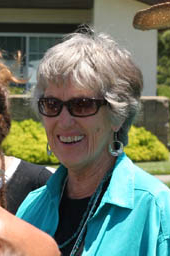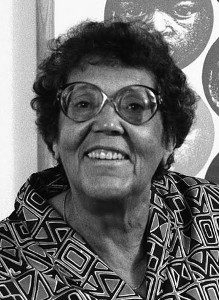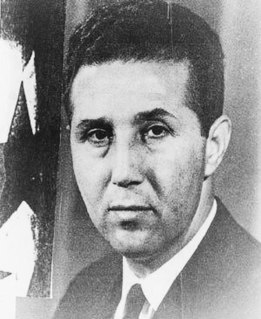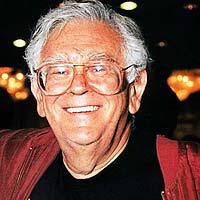A Quote by Raoul Vaneigem
The organization controlling the material equipment of our everyday life is such that what in itself would enable us to construct it richly plunges us instead into a poverty of abundance, making alienation all the more intolerable as each convenience promises liberation and turns out to be only one more burden. We are condemned to slavery to the means of liberation.
Related Quotes
As long as you perceive that anyone is holding you back, you have not taken full responsibility for your own liberation. Liberation means that you stand free of making demands on others and life to make you happy. When you discover yourself to be nothing but Freedom, you stop setting up conditions and requirements that need to be satisfied in order for you to be happy. It is in the absolute surrender of all conditions and requirements that Liberation is discovered to be who and what you are. Then the love and wisdom that flows out of you has a liberating effect on others.
We have lost the power even of imagining what the ancient idealization of poverty could have meant: the liberation from material attachments, the unbribed soul, the manlier indifference, the paying our way by what we are and not by what we have, the right to fling away our life at any moment irresponsibly - the more athletic trim, in short, the moral fighting shape.
For each of us, then, the challenge and opportunity is to cherish all life as the gift it is, envision it whole, seek to know it truly, and undertake-with our minds, hearts and hands-to restore its abundance. It is said that where there's life there's hope, and so no place can inspire us with more hopefulness than that great, life-making sea-that singular, wondrous ocean covering the blue planet.
If God is Love, He is, by definition, something more than mere kindness. And it appears, from all the records, that though He has often rebuked us and condemned us, He has never regarded us with contempt. He has paid us the intolerable compliment of loving us, in the deepest, most tragic, most inexorable sense.
For myself, as, no doubt, for most of my contemporaries, the philosophy of meaninglessness was essentially an instrument of liberation. The liberation we desired was simultaneously liberation from a certain political and economic system and liberation from a certain system of morality. We objected to the morality because it interfered with our sexual freedom.
There is however difference between the theology of liberation and traditional theology, the latter being based primarily On the Word of God made incarnate in the Holy Scripture Liberation theology is of course also inspired by the Word, but its representatives are convinced that God also speaks to us in everyday events and that, for example, information obtained through the mass media can be a special way in which God speaks to us.







































